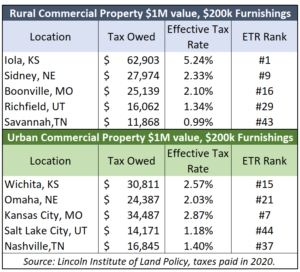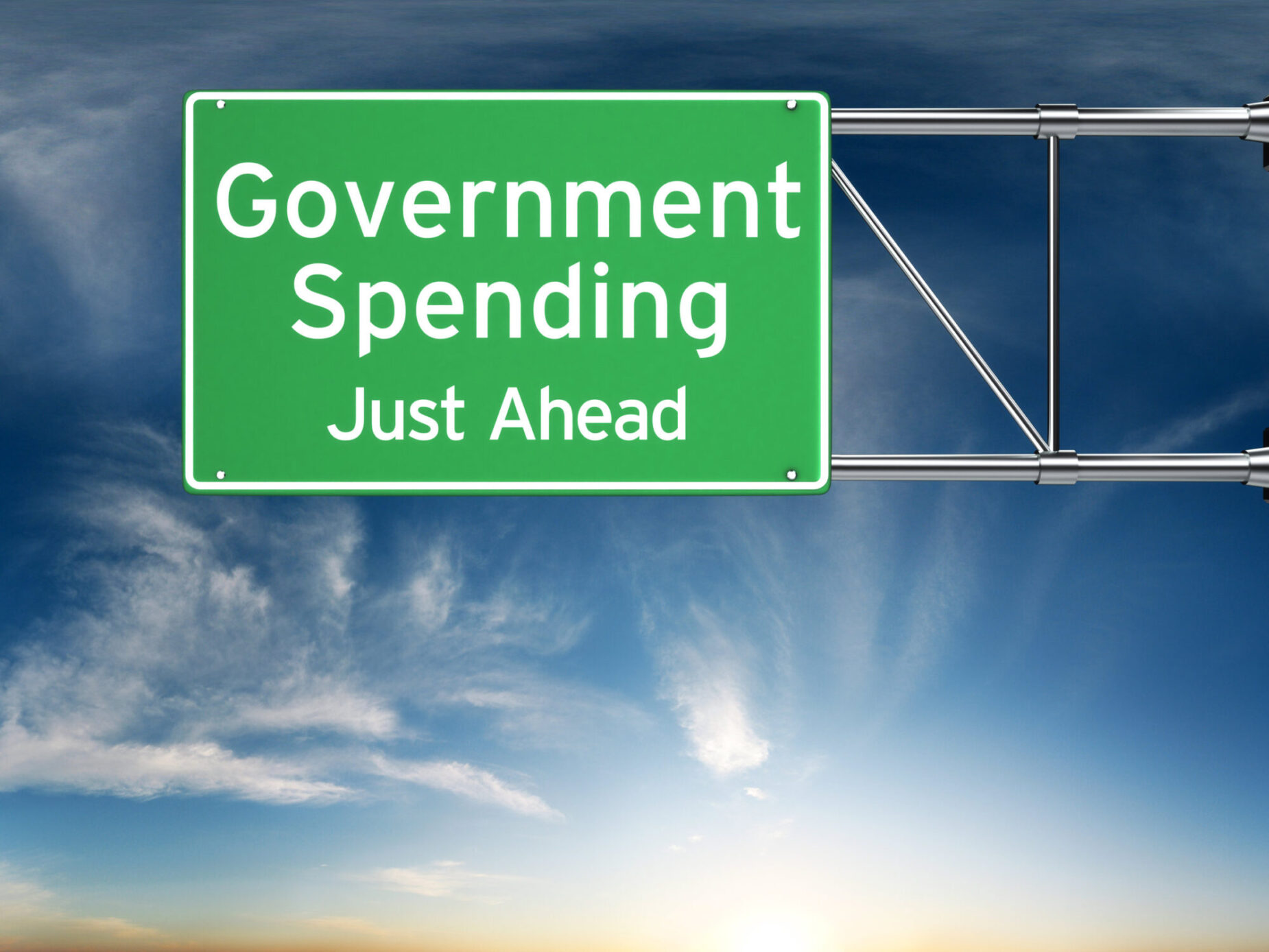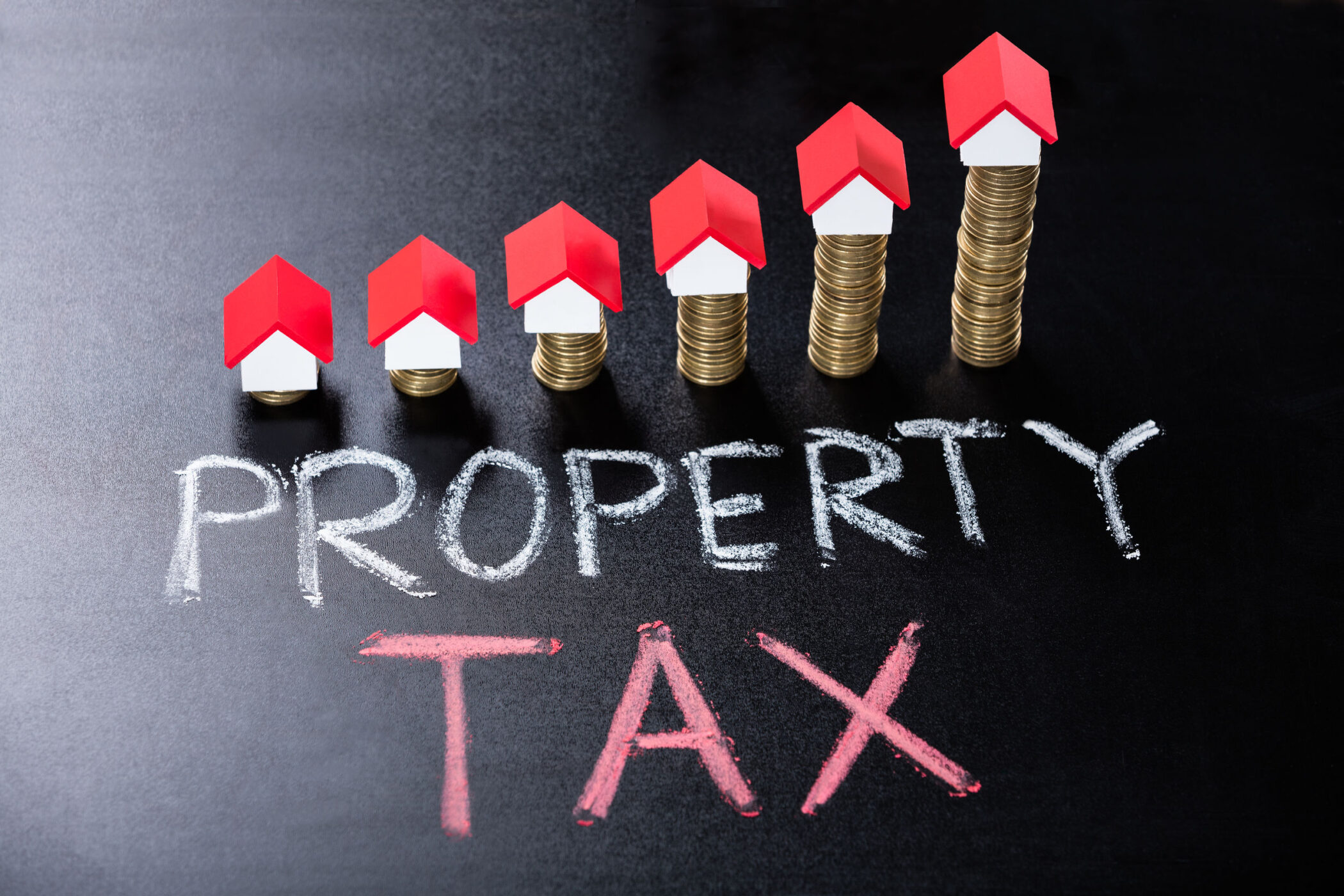At a press conference earlier this week, Reps. Vic Miller (D-Topeka) and Mike Amyx (D-Lawrence) announced a plan to save Kansans almost $700 million on property tax. But they changed their position after the Sentinel’s parent company, Kansas Policy Institute, showed their plan would break the state budget in its first full year of implementation. They now say they will shift that $700 million tax burden from homeowners to other property classes, like ag land, commercial & industrial property, phone and cable companies, and oil and gas production.
In other words, Miller and Amyx want a $700 million property tax hike that will lead to higher prices on many things Kansans purchase, and that could cause some marginally profitable businesses to close, especially in the less populated areas of the state. It isn’t surprising that progressives largely want to shift the burden to someone else. The question remains, who is ultimately paying the taxes? It’s easy to demagogue big business, but Reps. Miller and Amyx are really talking about increasing taxes on a farmer’s bean field and the marginal oil rig residing on it, the mom-and-pop business in KCK, or a small machine shop in Wichita. Never mind the consumers of these products who actually pay the final bill. Raising taxes also reduces resources available for pay increases and benefits.
Kansas businesses are already paying some of the highest effective property tax rates in the nation. According to the Lincoln Institute of Land Policy, a $1 million commercial  property in Iola paid almost $63,000 in tax in 2020. With an effective tax rate of 5.24%, that is the highest effective tax rate (ETR) in the nation for rural areas. Wichita commercial property owners paid the 15th highest ETR.
property in Iola paid almost $63,000 in tax in 2020. With an effective tax rate of 5.24%, that is the highest effective tax rate (ETR) in the nation for rural areas. Wichita commercial property owners paid the 15th highest ETR.
Constitutional assessment ratios are a major factor in Kansas having high effective rates. Commercial property, for example, is assessed at 25% of the appraised value, whereas residential property is assessed at 11.5%. So commercial property in Kansas is already taxed 2.2 times higher than residential property per dollar of appraised value, and Reps. Miller and Amyx want to make it even worse.
They propose reducing the residential assessment ratio to 9% to generate the $700 million savings, and in an email exchange, Rep. Miller now says that amount will be “shifted from residential to the other classes of property.” The only way that happens is to increase the assessment ratio of other classes of property because mill rates are applied uniformly to all properties. (Miller declined to say which class or classes of property would be impacted. He says it happens “automatically” but did not respond when asked for further details. Rep. Amyx also did not respond when asked for a comment.)
Proposal may be an election-year stunt
Brad Cooper, writing in the Sunflower State Journal, says, “The proposal effectively gives a platform to about two dozen Democratic challengers running for the House this year as well as six other incumbents defending their seats.”
Cooper is likely correct; it is just an election-year stunt. The original proposal made no mention of a tax shift, and media coverage of their idea clearly indicates a tax “cut,” not a shift.
Kansas homeowners and businesses need significant property tax relief, and that is best accomplished by reducing the cost of local units of government, which collectively account for 99% of the property tax burden in Kansas.



